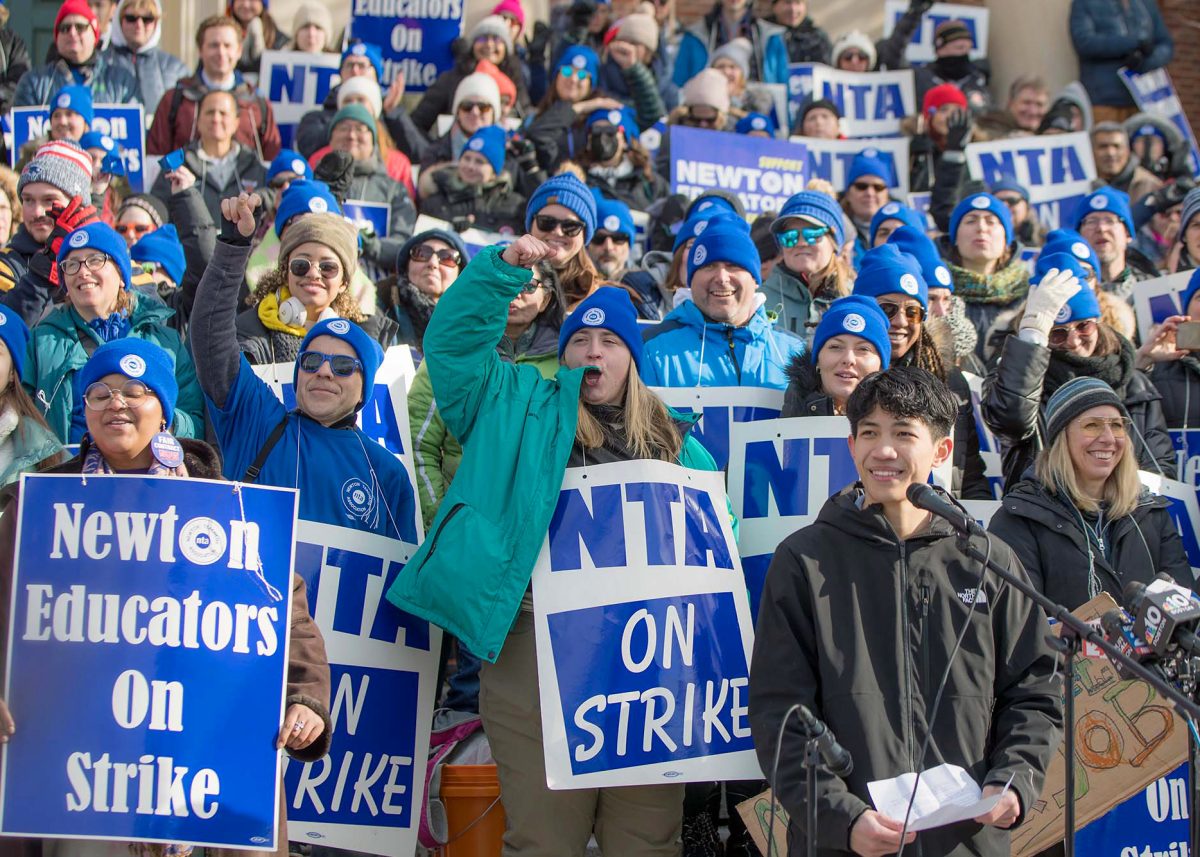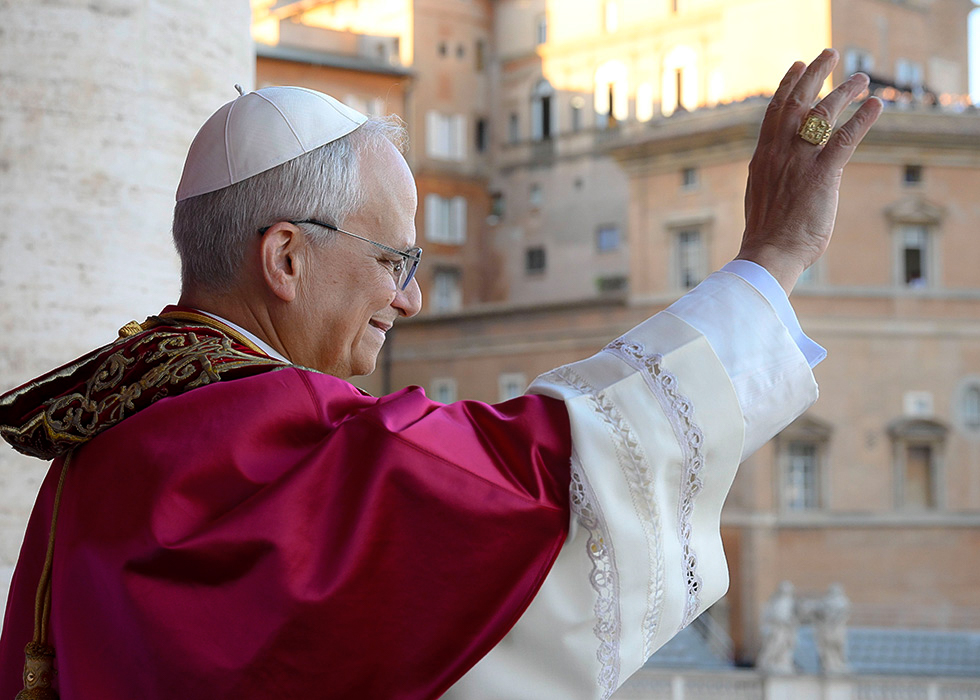After a series of unsuccessful contract negotiations with the school committee, the Newton Teachers Association (NTA) initiated a strike on January 19 that lasted 11 days.
During the strike, Newton Public Schools (NPS) were closed, disrupting the city’s 24 schools, 12,000 students and 2,000 educators. The extended closure has forced Newton to hold school on four days of February break in order to meet the state’s requirement of 180 days of school.
Boston Latin School AP Government teacher and Boston Teachers Union (BTU) member Ms. Meredith Elliott explains, “Traditionally, the urban school districts have been more likely to strike than suburban ones, so not only Newton, but other suburban districts, going on extended strikes indicates a willingness to make tough decisions.”
As the BTU and Boston Public Schools enter into negotiations for a new contract, school districts around Newton have become more aware of possible strikes in their own schools. The extent of inflation’s role on the probability of teachers’ strikes depends on the impact on the teachers’ standard of living. Additionally, it depends on BPS’s ability to accommodate for inflation in their contract.
BLS Latin teacher and BTU Representative Mr. John Kerpan states, “Only if it becomes so hard for teachers to survive teaching that they need to do something drastic, [so] the goal of negotiations is to avoid that.”
The Newton strikes are not the first ones that have happened in Massachusetts. Approximately ten years ago, there were difficult contract negotiations between the BTU and the school committee, where the BTU voted to go on strike. A consensus was reached, however, between teachers and the district before the strike was initiated.
Due to the recent strike, NPS pushed back the curriculums in all classes, especially affecting AP classes. Students also missed out on extracurriculars such as sports, impacting their ability to compete and earn sports scholarships.
The walkout began after the union failed to reach a new contract agreement with the Newton School Committee. School teachers sought higher wages, changes to teacher contracts and attention to concerns regarding student mental health.
As the strike continued, tensions between the NTA and the school district rose. Although Newton teachers viewed their strike as a positive step forward to increase voice for educators and students, district leaders viewed it as a failure of management, mainly focusing on the disruptions that the strike had caused. Since it is illegal for public workers, such as teachers, to strike in Massachusetts, the NTA faced fines exceeding 600,000 dollars for initiating the strike, along with salary losses.
After 11 days, the NTA and the school committee reached a deal for a four year contract. The new contract includes increased pay for classroom aides, 40 days of paid family leave, a promise to hire more social workers in schools and an increase to annual cost of living adjustments for teachers. The new contract is expected to cost the school district an additional 53 million dollars over the next four years.
Mr. Mike Zilles, president of the NTA, summarizes, “It gave our members more autonomy and voice and how the Newton Public Schools operate. […] It made the relationship better and gave us more power in the relationship.”







